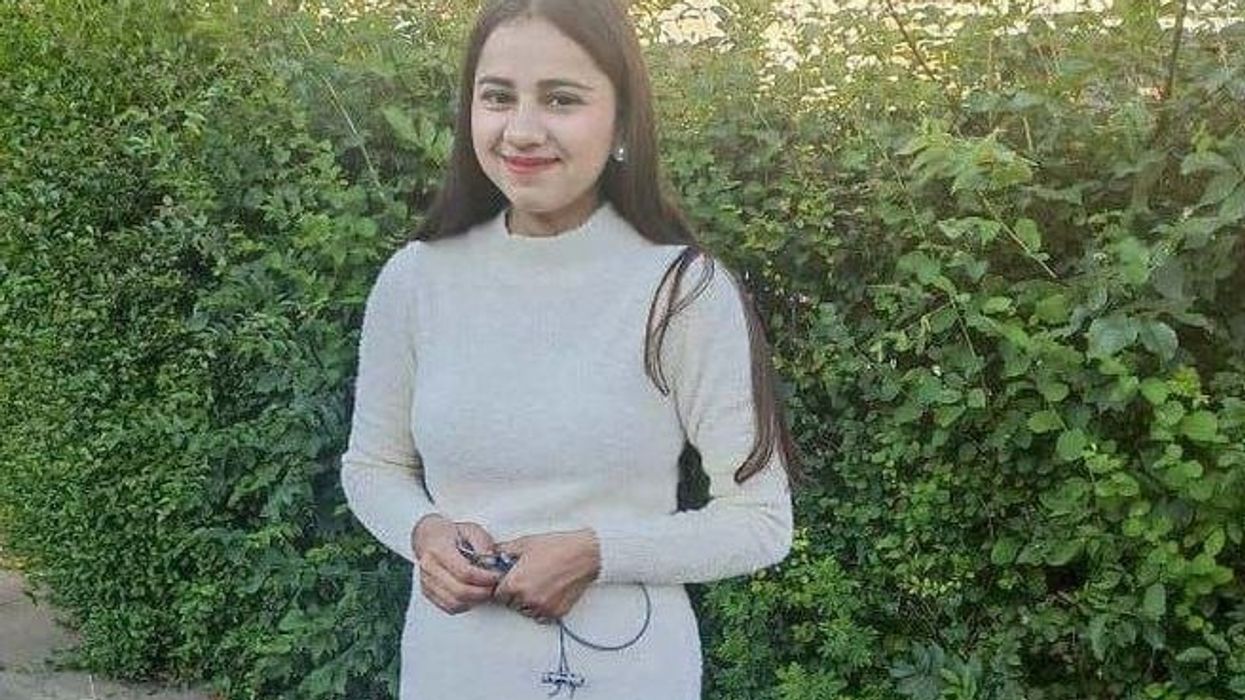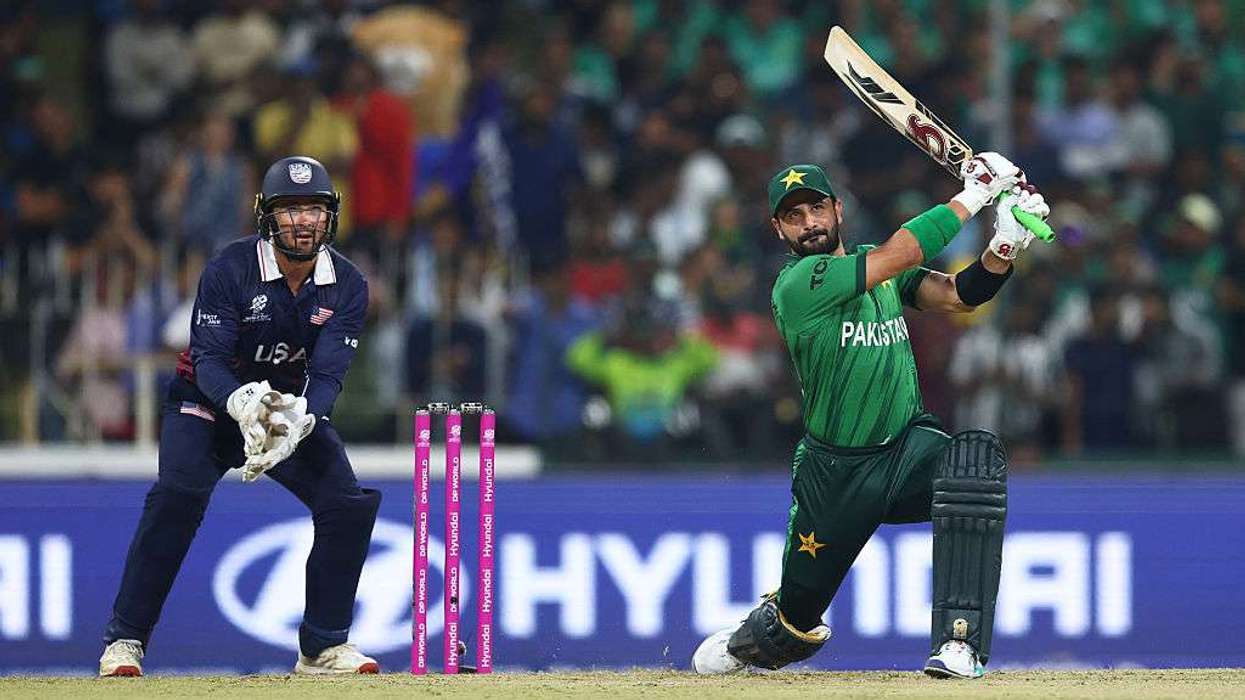HARSHITA BRELLA sent WhatsApp messages expressing fear and distress in the months before she was found dead, according to a news report.
Brella’s husband, Pankaj Lamba, is the prime suspect in her murder and is the subject of an international manhunt after reportedly fleeing the UK.
Brella's body was discovered in the boot of a car in Ilford, east London, on 14 November.
In messages from July, according to Channel 4 News, Lamba threatened her, saying: “If you really have the courage, then try and talk back to me and see what happens.” Brella also told her family she was experiencing financial abuse, stating, “He hasn’t even left £1,” and adding, “From now on, I have to live in hiding.”
Brella’s family last spoke with her on 10 November, after which her phone was switched off. They alerted police on 13 November over concerns for her welfare. The next day, her body was discovered.
Lamba had been arrested earlier on suspicion of abusing Brella and was subject to a Domestic Violence Protection Order in September. Northamptonshire Police has referred itself to the Independent Office for Police Conduct due to previous contact with her.
Channel 4 News also reported that Brella was on a dependent visa with no recourse to public funds, which domestic abuse charities say can make migrant women more vulnerable.
Assistant chief constable Emma James said police are working to secure justice and helped arrange the repatriation of Brella’s body to her family in India.
The investigation is ongoing.




